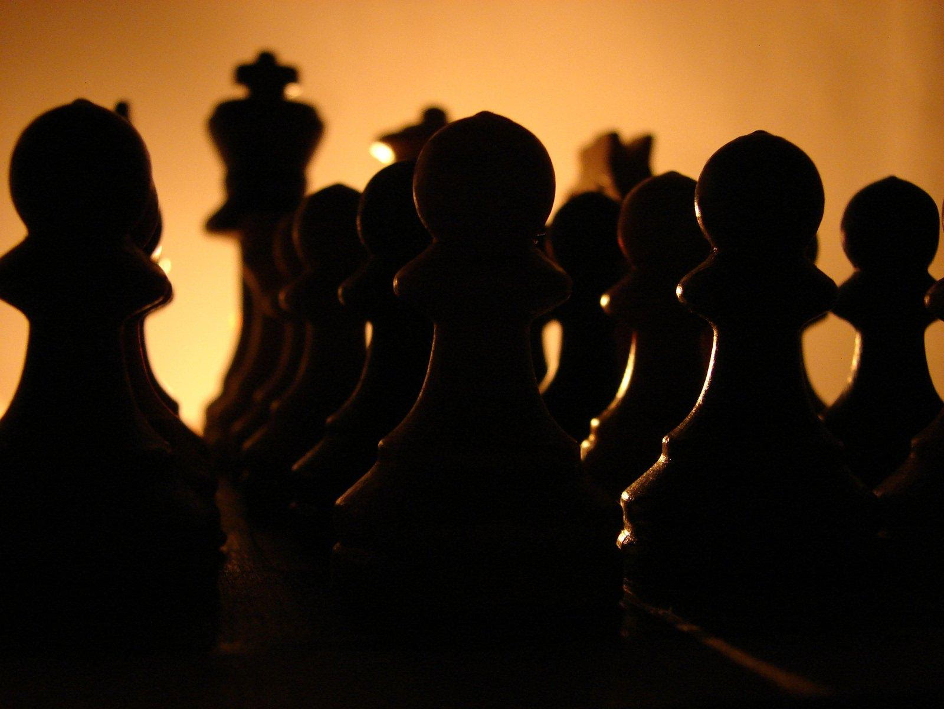1. e4 e5 2. Nf3 Nc5 3. Bc4 Bc5. What for some people seems to be a random combination of letters and numbers is the logical development of six pieces on 64 squares for others. Some of you might even see the pictorial representations of this scenery and recognize the many advantages and disadvantages that it has to offer. And perhaps one is already planning further. 4. c3 Nf6? 4. b4 Bxb4? 4. Nc3 Nf6? I’m talking of course about chess. A game with origins that date back over 700 years. A game that played a crucial role in the cold war and perhaps stands for something similar like Albert Einstein in our society, the epitome of genius. But Einstein was more than just the genius par excellence who revolutionized the laws of physics. Einstein was also this wacky short guy with messed up white hair who married his cousin. He was also some kind of crazy. The connection of genius and madness is deeply rooted in our minds and at least in chess this doesn’t seem to be entirely wrong either. There is a long list of chess grandmasters who struggled with some kind of mental illness. The first world champion, Wilhelm Steinitz, was convinced that he could move chess pieces using electromagnetic currents. He died on August 12, 1900 in a psychiatric ward. Paul Morphy felt persecuted and insinuated that his brother-in-law wanted to poison him. And the legend of the chess miracle Bobby Fischer also ends in the seclusion of society. So, it is no coincidence that the protagonist of the successful Netflix series “The queen’s gambit” is portrayed as a genius on the chessboard but with far-reaching psychological problems. But can chess really lead to insanity?
One can easily see from where this assumption comes from, chess is a nerve-wracking thing! You sit across from each other for hours, trying to comprehend your opponent’s plans and find the right moment for the decisive attack. But you have to be careful, every move can lead to victory or misery. And since computers are able to calculate in every situation the best possible move, the awareness of this has risen. The goal is clear; every player wants to find the perfect next move. The cognitive theory of perfectionism sees this claim as a possible cause for excessive mistake rumination, for example over a lost game, rumination in general and social comparison. This can lead to stress that has a negative impact on our health (Flett, Nepon & Hewitt, 2016). But not only thinking about chess can cause stress. The physiological reaction while playing a game suggests a stimulation of the sympathetic nervous system. Troubat, Fargeas-Gluck, Tulppo and Dugué (2009) studied the heart and respiratory rate of 20 male chess players and found a significant change during the game. Now all these facts tell us how chess could possibly influence our health and well-being, but this isn’t a necessity. The personality of elite man chess players doesn’t even differ from the population norm. Only the skill correlates with introversion. Stronger male players are more introverted, while there was found the opposite pattern in female players. In contrast to their male counterpart, female elite players are more satisfied with life, have fewer physical complaints and higher achievement motivation in comparison with the female population norm (Vollstädt-Klein, Grimm, Kirsch & Bilalić, 2010). And the connection between genius and madness is untenable in chess too. There is indeed some kind of connection between chess and intelligence. Burgoyne et al. (2016) found significant correlations between chess skills and fluid reasoning, comprehension-knowledge, short-term memory and processing speed. But this doesn’t mean a skilled chess player with high scores in these areas has to develop a mental disorder. In fact, a low IQ is associated with mental disorders, not a high one (Mortensen, Sørensen, Jensen, Reinisch & Mednick, 2005).
So, don’t let a Netflix series spoil your enjoyment of chess with the fear of going crazy. In the end, the important part for your mental wellbeing is with which attitude you play, not if you do it. Perhaps settle down in a park where all the old folks play, take your time for a little chat between the moves and don’t take your mistakes too seriously. Or in other words, after 1. e4 e5 2. Nf3 Nc5 3. Bc4 Bc5., the “Italian Game”, go for d3, the “Giuoco Pianissimo”.
Bibliography
- Burgoyne, A. P., Sala, G., Gobet, F., Macnamara, B. N., Campitelli, G., & Hambrick, D. Z. (2016). The relationship between cognitive ability and chess skill: A comprehensive meta-analysis. Intelligence, 59, 72-83.
- Mortensen, E. L., Sørensen, H. J., Jensen, H. H., Reinisch, J. M., & Mednick, S. A. (2005). IQ and mental disorder in young men. The British Journal of Psychiatry, 187(5), 407-415.
- Flett, G. L., Nepon, T., & Hewitt, P. L. (2016). Perfectionism, worry, and rumination in health and mental health: A review and a conceptual framework for a cognitive theory of perfectionism. Perfectionism, health, and well-being (pp. 121-155). Springer, Cham.
- Troubat, N., Fargeas-Gluck, M. A., Tulppo, M., & Dugué, B. (2009). The stress of chess players as a model to study the effects of psychological stimuli on physiological responses: an example of substrate oxidation and heart rate variability in man. European journal of applied physiology, 105(3), 343-349.
- Vollstädt-Klein, S., Grimm, O., Kirsch, P., & Bilalić, M. (2010). Personality of elite male and female chess players and its relation to chess skill. Learning and Individual Differences, 20(5), 517-521.
- Psychology Random Researches (2021, January 24). Can chess lead to insanity? [Video]. YouTube. https://www.youtube.com/watch?v=BzdY7ahtL8E
Featured image :
- Cortez, V., (2006). Schach. Retrieved from: https://www.freeimages.com/de/photo/chess-1184975
Author : Max Frutiger

